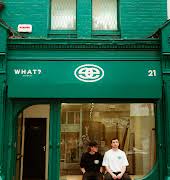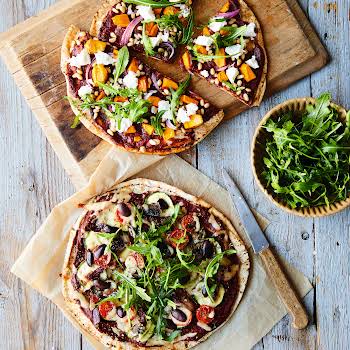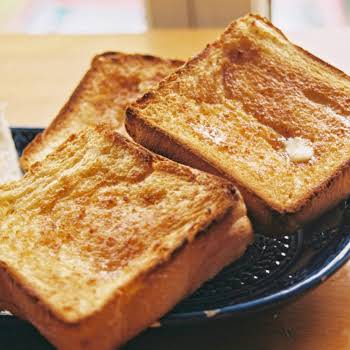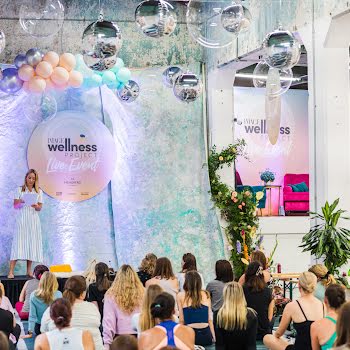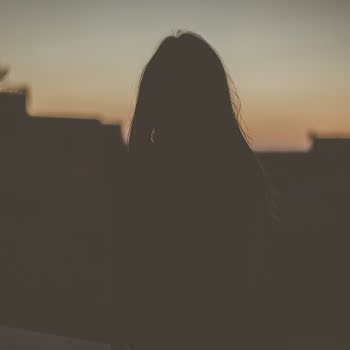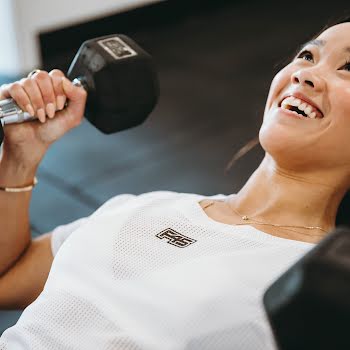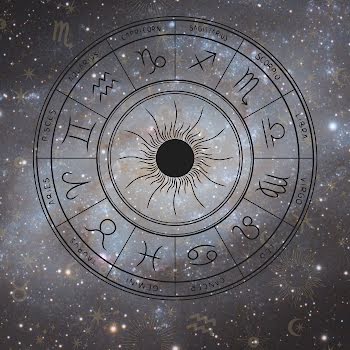
By Jennifer McShane
25th Dec 2020
25th Dec 2020
The post-dinner Christmas slump is a very real thing. Even if we eat nice and early (some of us like to save the snacking for later), chances are we’ll still crave some shuteye. But guess what? It’s not all down to the turkey…
That’s right — there’s a very-real science behind those festive naps. Here are all the factors that go into us wanting a few zzzs instead of the Christmas games.
Your gut dictates your energy levels
For starters, Dr Deirdre G. O’Donovan, Consultant Gastroenterologist at the Blackrock Clinic says our energy levels are profoundly affected by our gut health.
“This can be through a number of mechanisms — we are all familiar with that desire to have a nap after Christmas dinner and that is because a high-calorie meal requires an increase in blood flow to the gut as part of the digestive process. This is combined with an associated drop in blood pressure systemically and in particular, to our brains, hence that sleepy feeling,” she explains.
Meal composition is important
She also says said meal composition, in general, is important – the aim is a nice balance of macronutrients to allow an easier digestive process. “In some cases, people will drop their blood pressure significantly after a carbohydrate-rich meal. This applies particularly to people with diabetes and older patients, so they may feel tired after a meal (or feel faint) and that’s caused by a problem of the autonomic nervous system.”
Be mindful of conditions which may cause fatigue
“In many cases, conditions like coeliac disease, which left untreated, causes fatigue because patients are not absorbing necessary nutrients, such as iron in their diet,” Dr O’Donovan continues. “Other gut-related diseases which cause bleeding from the bowel can also result in anaemia and lack of energy and may be the only sign to alert someone that something is wrong.”
Trust your gut
“For others, alterations in the natural gut flora can contribute to what many refer to as ‘brain fog’ and profound lassitude. This can be helped by introducing a good probiotic. Alflorex is one I generally recommend,” Dr O’Donovan adds.
However, she explains that if you’re constantly feeling fatigued and these simple changes don’t work, don’t leave it alone. “If simple interventions such as these don’t work, people should be advised to see their GP.”
“I think there is a growing awareness in the public that what they eat/the gut health has a direct bearing on their energy levels. What I would be more worried about is people not making the connection that if it’s not improving it may be a sign of a more significant process going on that needs medical input”
The little things
She also recommends small things to help, such as getting a good night’s sleep, reducing alcohol and caffeine. Getting regular exercise and eating a balanced diet also helps.
“Be aware of how stress affects you as an individual — we are not designed to cope with stress 24/7 so make sure to keep up that idea of self-care whether it’s getting up and going for a walk, learning to say no, mindfulness and so on – all this plays a role.
“It sounds corny but we all need to listen to our bodies.”
Main photograph: Unsplash








